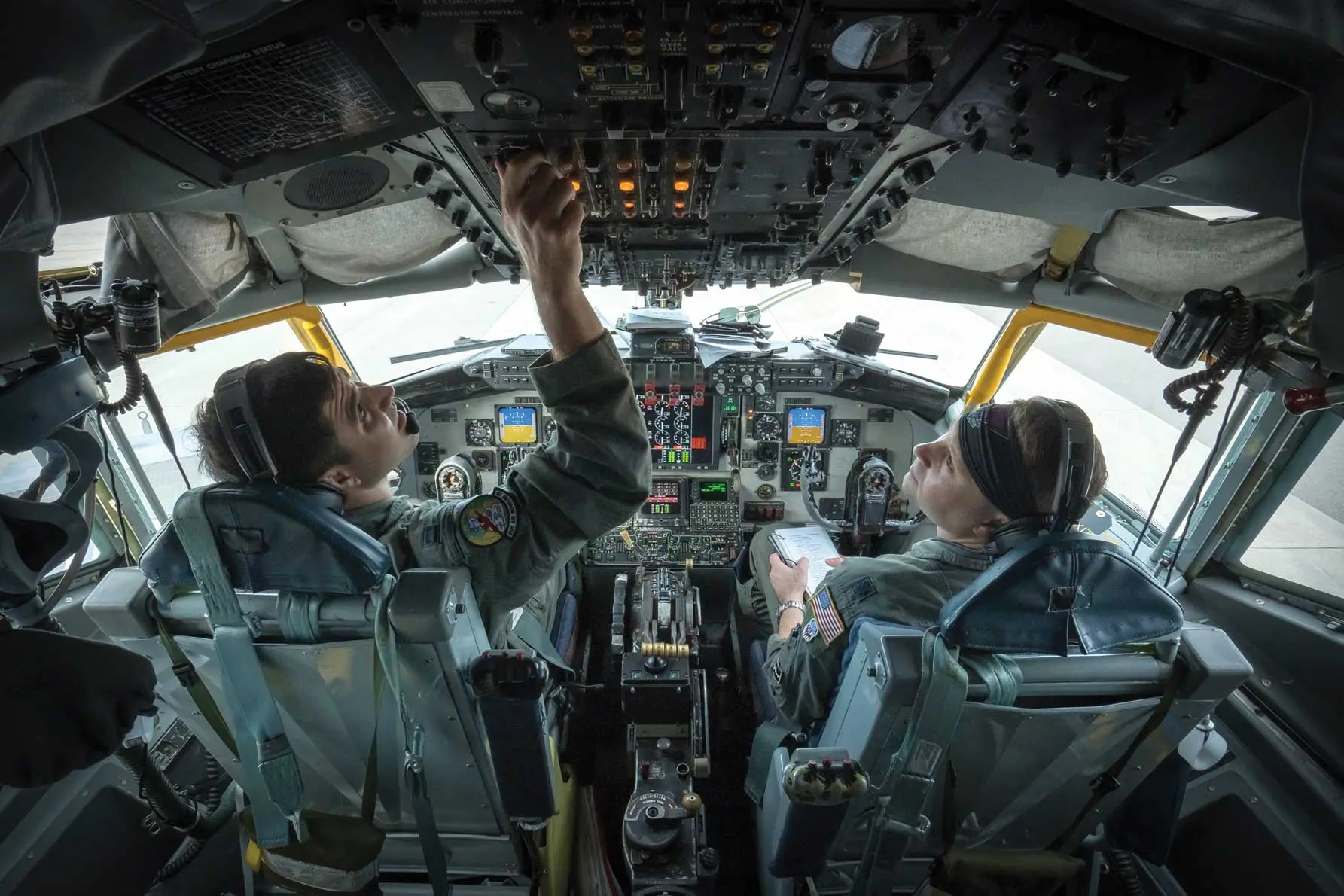What Intentional Non-Compliance Tells Us About System Safety
By MAJ TRAVIS CORD, AMC FLIGHT SAFETY, AND DR. STEPHEN POWELL, SYNENSYS, AMC SAFETY LOSA CONTRACTOR
When leaders hear that an aircrew is intentionally noncompliant, what comes to mind? We have standards. Why are they not following them? How do w m,e respond?
Instead, what if we treated intentional noncompliance (INC) as a signal of a flawed process within the system? What new opportunities for improvement could we uncover? What new lessons could be learned? To attempt to answer these new questions, we analyzed INC errors collected from 700 Air Mobility Command (AMC) flight deck Line Operations Safety Audit (LOSA) observations from 2019 “23.
Our analysis revealed that 40 percent of observed flights recorded at least one INC error. The most common types of INC errors were procedural, mostly checklist-related or division of pilot monitor/pilot flying responsibilities. Errors are defined as deviations from intention or expectation and are usually slips, lapses, or mistakes. INC errors differ from other errors because the aircrew intentionally decides to deviate from standards.
Error-free performance is rare, but when they are mismanaged (not recognized, not trapped, or left uncorrected) they can lead to reduced safety margins known as undesired states. Our analysis indicated that only 10 percent of observed flights recorded at least one mismanaged INC error, rarely leading to undesired states.
Although our analysis of flight deck INC errors indicated a low risk of reduced safety margins, the collection and analysis of INC errors has led to reduced checklist complexity, aircraft system enhancements, and procedural changes across AMC. INC errors provide another valuable source of system performance feedback. Feedback loops are an essential component of all safety management systems.

